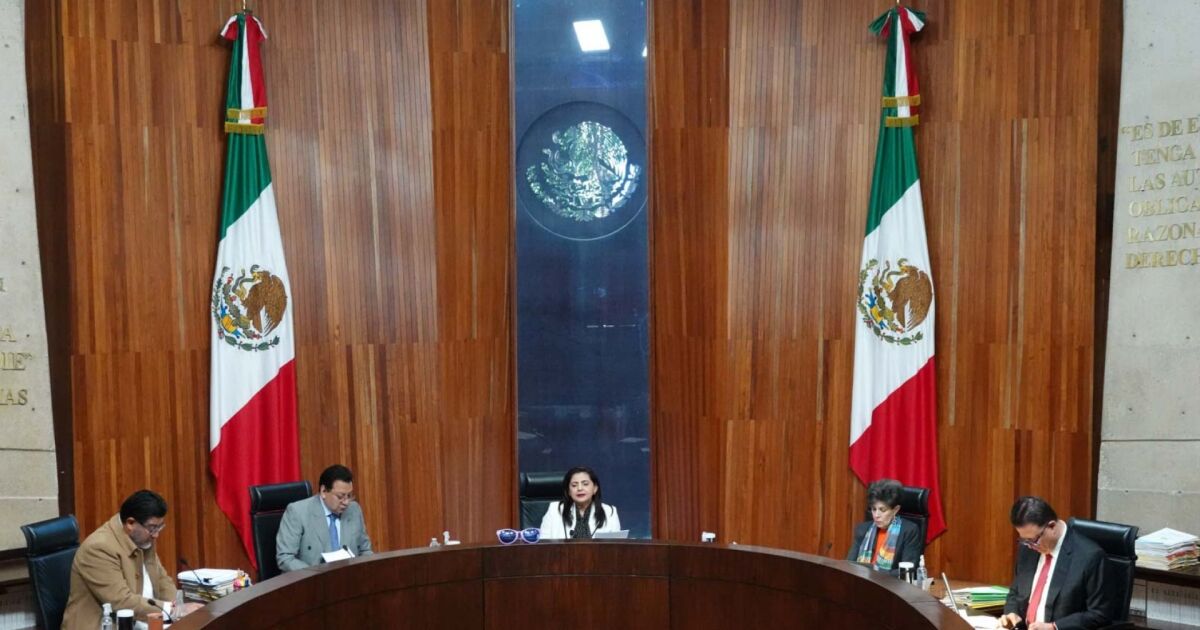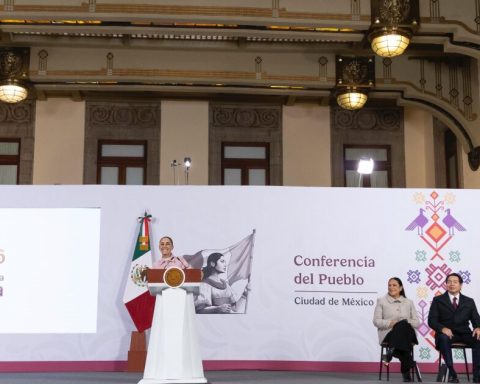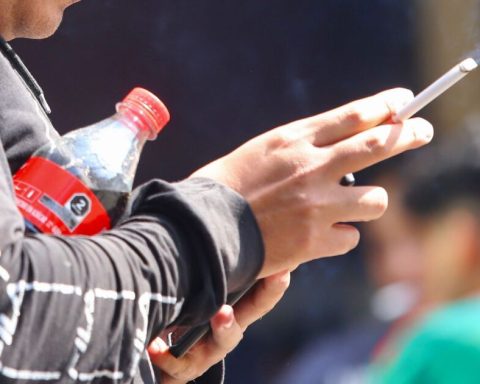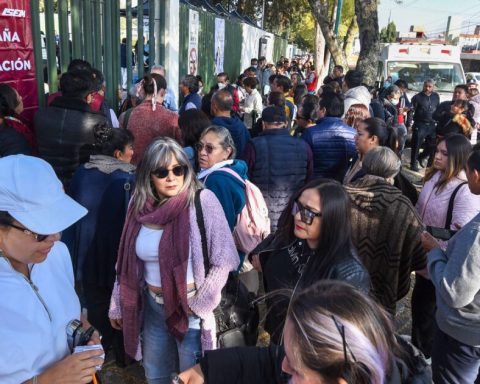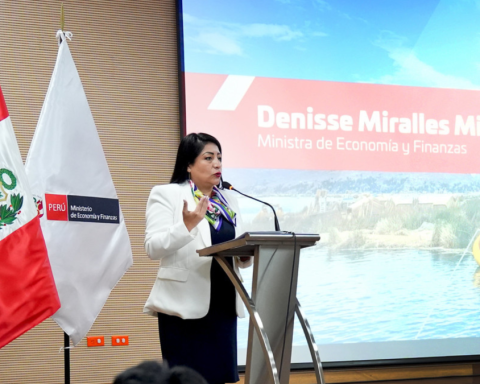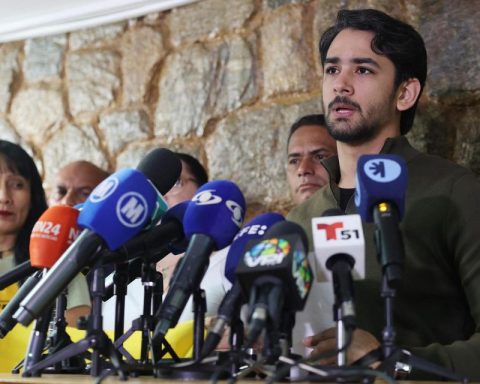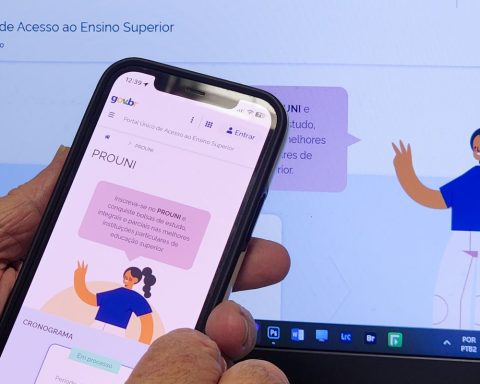TEPJF denies affirmative actions
Today the magistrates analyzed 124 lawsuits filed by people interested in the judicial election.
Among the cases, three lawsuits promoted by citizens Luis Arnulfo Martínez Caudillo and Alex Alí Méndez Díaz stand out, who claimed in separate citizen lawsuits, the omission of the Calls for judicial elections issued by the Executive and Judicial Powers to include affirmative actions (such as disability or sexual diversity) to access judicial positions.
Despite the fact that the TEPJF has been, together with the National Electoral Institute (INE), a pioneer in the matter, by a majority of the magistrates and with the vote against the magistrate Janine M Otálora, the Superior Chamber denied the reason to the complainant and determined that there was no obligation to establish such an opening.
Otálora agreed that although this should have been challenged from the call, and although the Constitution does not expressly establish that such affirmative actions must exist, they should be included.
“I believe that the Committee does have a duty to provide for affirmative actions in the call and has failed to do so, so the Executive Committee should be ordered to modify its call. And this would not only be applicable to people who belong to the sexual and gender diversity population, but also to all members of other priority attention groups,” said the magistrate.
He recalled that the TEPJF has established a very solid jurisprudential line “in which, based on a rights-based approach and with the clear objective of being able to integrate these groups into the democratic system, it has sought to contribute to the construction of an inclusive electoral regime.” in which no dimension of discrimination takes place.”
It has been the Court’s rulings that have established criteria to guarantee access and rights of people with disabilities, parity and political gender violence, even the rights of Mexican people residing abroad, Afro-Mexican people, explained the judge.
